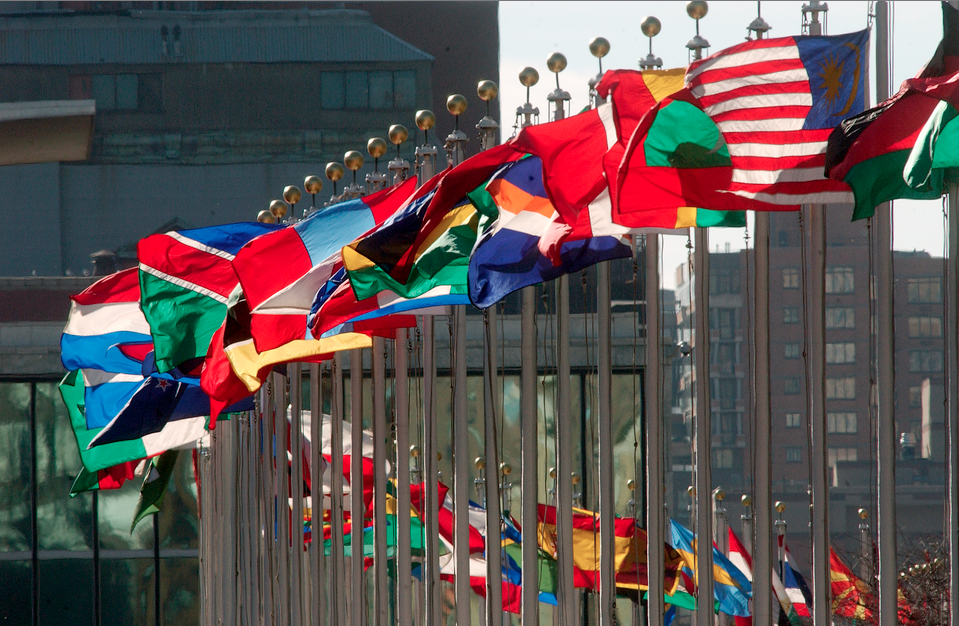Business unusual
Samantha Smith
2015 is a watershed year for climate change.
This is the year when scientists tell us global C02 emissions should peak, or show signs of doing so, if we are to avoid really dangerous climate change. It is also almost certain to be the hottest year ever, by a long shot. And we’re in the final stretches of the run-up to a new global climate agreement that is likely to be gavelled through in December at COP21.
This is also the year when many parts of society have mobilized, organized and are speaking out on fighting climate change:
- Pope Francis has issued the ground-breaking encyclical “Laudato Si”, which calls the whole world to take action on climate change;
- Islamic leaders have called on the world’s 1.6 billion Muslims to play an active role in combatting climate change;
- World leaders have adopted new Global Goals which include a climate goal, highlighting the important role of fixing climate change to achieve sustainable development; and
- The divestment movement has gone from strength to strength as churches, schools, institutions, pension funds and even the world’s largest sovereign wealth fund have pulled out of coal and even all fossil fuels.
Business have also risen to the challenge, and this week at New York Climate Week there’s been a steady stream of company announcements responding to the call to act to cut emissions and go renewable, including Procter & Gamble, Coca Cola Enterprise, General Mills, NRG Energy, Autodesk and Colgate Palmolive. It has been inspiring to hear about the vision of the early movers on climate, the ambition of their targets and the benefits they’ve reaped by cutting their emissions.
These companies recognise that while climate change is one of the greatest risks we face, they can do their part in tackling it without affecting their bottom lines. But more can and needs to be done.
But all companies will need to find new ways of doing business. While they have long been engaging on climate change issues –more than 80 % of the world’s 500 largest companies have set emissions reduction or energy-related targets – the unprecedented rate of emissions growth demands that we do more, and do it faster.
WWF has lots of experience in working with the private sector, for example through the WWF Climate Savers programme. Through Climate Savers, WWF has worked with corporate partners across the globe to demonstrate that ambitious climate action is possible and compatible with business objectives. WWF has also worked in alliance with like-minded organiSations including CDP, WRI and the UN Global Compact to figure out ways to jointly raise the ambition level of the corporate sector on climate issues.
Most recently, we have joined hands with the progressive business coalition We Mean Business whose member organisations reach thousands of the world’s most influential businesses and investors. These businesses recognise – as we do – that the transition to a low-carbon economy is the only way to secure sustainable economic growth and prosperity. We Mean Business is a platform that seeks to amplify the business voice and catalyse bold action climate action by all, and promote smart policy frameworks.
What the science tells us, other than we need to act now to curb harmful emissions, is that there is still opportunity to act, albeit a small window of opportunity. We trust that bringing together different actors including businesses, civil society, and governments is the only way to tackle this challenge and seize this window of opportunity.
We are at an important crossroad, and the choices we make today will be the future we earn tomorrow.

